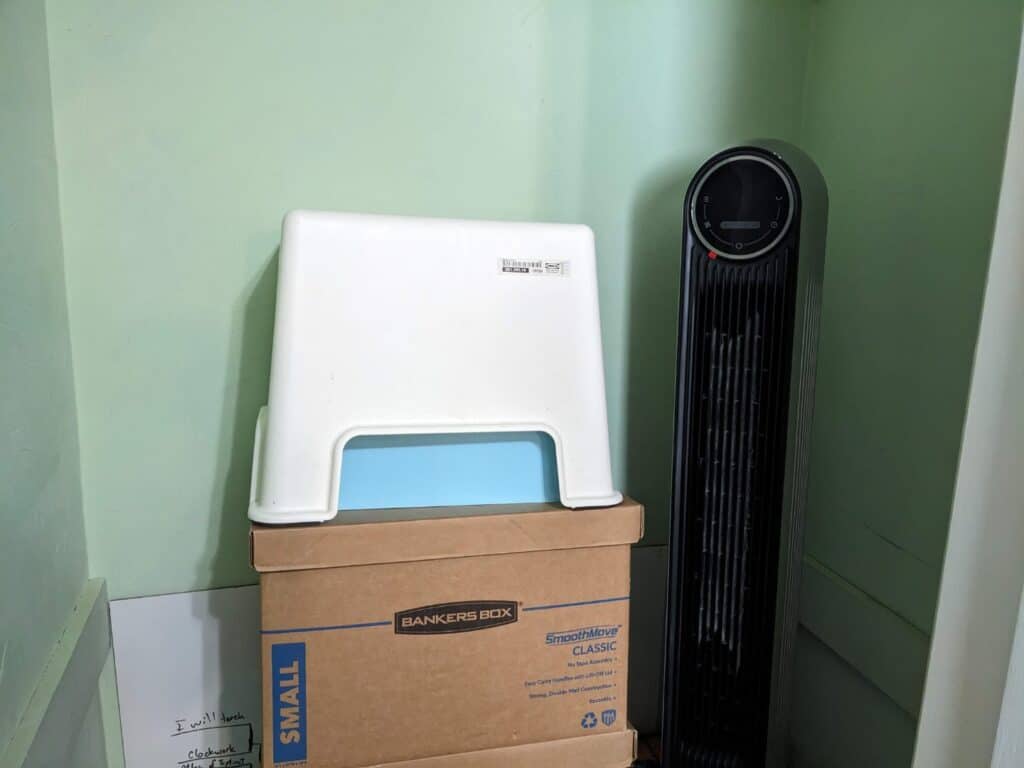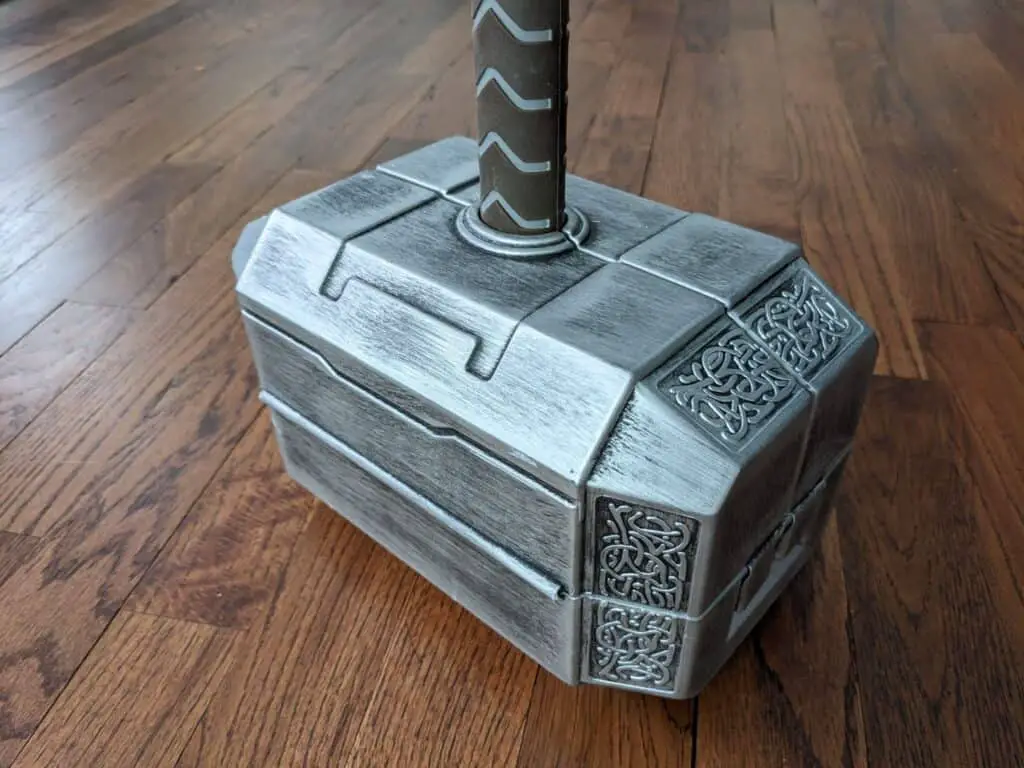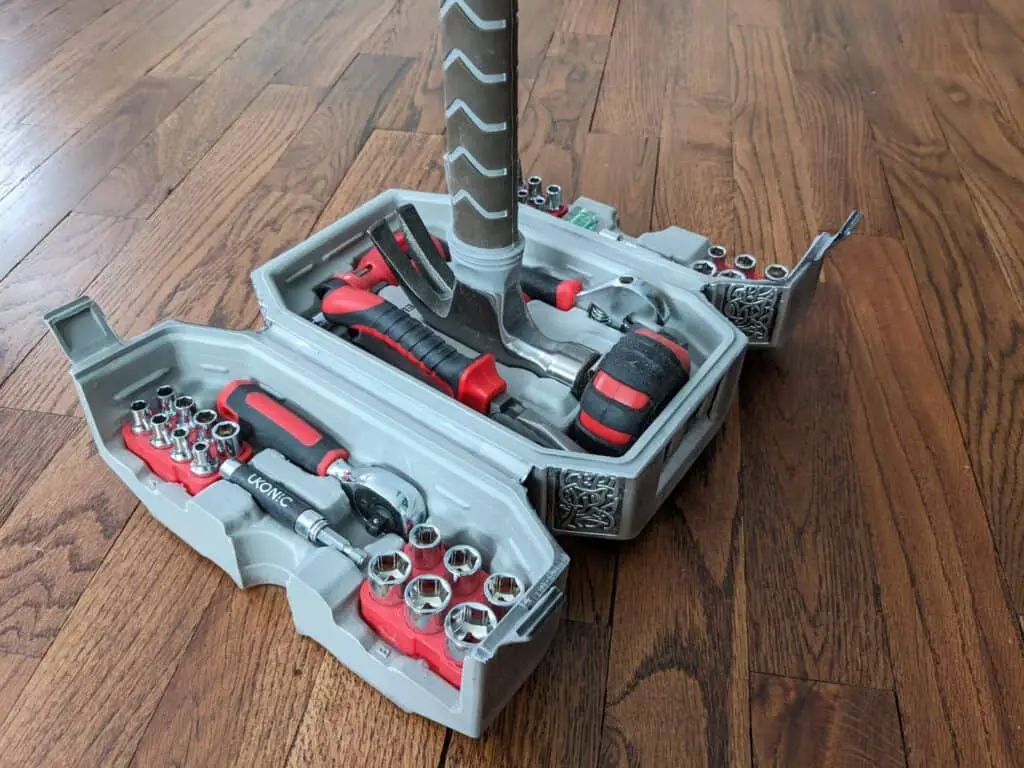Moving out can be a daunting task, especially when you don’t feel prepared. There are so many things to think about and organize, from packing to utilities and changing your address. However, with some tips and tricks, you can make the process smoother and more manageable. Here are 27 tips for moving out when you don’t feel prepared:
1. Set a budget for your move and stick to it
This is the first thing you should do. It can be overwhelming, but no worries! Check out this article for everything you need to know about budgeting for a new apartment.
2. Start packing as soon as possible
Packing sooner will greatly decrease your stress levels while packing, just like getting ahead on school assignments. Most people wait until the last minute on both, but you don’t have to!

3. Create a checklist to keep track of moving tasks
Staying organized is going to save you a lot of stress and confusion during the moving process. You shouldn’t need to make a crazy complex list, but a list that includes things like cleaning, packing, reserving transportation, and recruiting people to help move with any necessary subcategories is a great tool to have at your disposal.
4. Declutter your belongings and donate or sell what you don’t need
This is one of the biggest moving tips. It’s okay to donate stuff. Your worth is not in your possessions. If something is useful or you really like it (and have space for it), then keep it. Otherwise, donate it.
If it will maybe be useful at a vague time in the future, donate it. You can always get another one.
5. Research and compare moving options to find the best deal
Moving companies want your information before giving you a price so they can contact you a bunch. You can just go to U-Haul and see if there’s a good option for you. With that as a starting point, you can see what other options might work for you.
6. Pack a “moving day” box containing essential items such as toiletries, clothes, and snacks
Whether across town or across the country, this can save you a lot of stress during the moving day. Knowing that you have everything you need to survive in one easy place can help take the edge off if things lag behind.
I had my stuff shipped across the country, and it came late. Fortunately, I had everything I needed to survive for those few days (inflatable mattresses can be a life-saver), so it wasn’t a big deal.
7. Label your boxes clearly to avoid confusion when unpacking
It doesn’t have to be the perfect system. Simply label in a way that will make sense to you when unpacking. Simpler is probably better. You don’t want to spend all your time labeling instead of packing.
8. Label each room in your new home to direct people where to place boxes
While labeling boxes seems obvious to most people, labeling rooms with some painter’s tape isn’t as normal but can be super effective if you want people to be able to know where the nicely labeled boxes should be placed.
9. Notify utilities and services such as gas, water, and electricity of your move
If you’re moving into an apartment, they may handle much of this for you, but having it on your radar will be helpful.
10. Change your address with the post office and financial institutions
You’ll want to get your mail, so changing your address with the post office should be a priority. That and your employer and any financial institutions, namely banks, will keep you getting your most important pieces of mail.
It’s not usually a big deal, especially at first, but getting your important mail is worth the small amount of time it takes to update your address in all of those places. Fortunately, you should be able to do all of it without calling anyone!
11. Pack fragile items using clothes to save materials and money
You could use bubble wrap or newspapers, but you’re already packing your clothes, so why not use them to cushion your fragile things?
12. Use garbage bags for soft items such as clothes and linens
It’s okay to use trash bags for things other than trash. They can actually be much easier for carrying cloth due to their malleability.
13. Check your lease for any necessary cleaning or repair requirements
You never know what’s in the fine print until you read it. Odds are you’ll be okay if you simply clean until it looks like you never lived there (e.g. vacuum, scrub the bathtub and kitchen appliances).
14. Take photos of your rental before leaving to document its condition
You probably won’t need these, but it doesn’t hurt to have them.
15. Consider temporarily renting a storage unit if you have extra items or will have a transition point
Emphasis on the temporary. Those units can cost hundreds of dollars per month, so you’ll probably be better off taking everything to your local thrift store and rebuying it instead of storing it for more than a few months.
16. Pack your heavier items in smaller boxes to prevent back strain and general fatigue
Carrying things is just easier when things are lighter, even if that means more trips.

17. Pack a small toolkit for any necessary repairs during the move
I have one in my car at all times, which has come in handy on several occasions, like when I needed to take out part of my car console to fit an IKEA couch. You never know when you may need it.
My mom got me this ever-so-cool Thor’s hammer toolkit for Christmas. Not only does it look SUPER cool but it also has every basic tool I need to have on hand.

18. Ask people you know if they have any moving supplies
I had some friends ask about moving boxes. We happened to have a few that we’d recently used to move and were very happy to give away. You never know what may happen if you ask.
19. Research and budget for new furniture purchases if necessary
While spending even more money is the last thing you want to think about at this point, it’s helpful to know what exactly you want and price it out ahead of time to give more clarity during the moving process.
20. Pack a first-aid kit in case of injury during the move
The last thing you need when moving is to be bleeding on moving boxes. Just grab a simple first-aid kit and keep doing your moving thing.
21. Pack your electronics in their original boxes if possible
I’ve never had an electronic packed in its original box break during a move, but I have broken items (namely, a monitor) that didn’t have their original boxes. Just be careful and mindful (blankets are amazing), but don’t feel the need to clutter your place up with a bunch of boxes that make the space unlivable.
22. Use paper, plastic bags, or styrofoam to protect your breakable items
You know, like you see in stores when they package up your mugs or in boxes that arrive at your house.
23. Cancel or transfer your utilities, including internet service
Depending on where you’re moving, you’ll have different options. You may be able to simply transfer service, or you may have to call a new company to get their services.
24. Rent a moving truck (or at least price them out)
If you have furniture (like a bed frame or a couch), you’ll likely need a moving truck. Fortunately, they can be quite affordable through U-Haul or maybe even Home Depot depending on your needs
PODS or the like are great for long-distance moves.
25. Try to avoid moving during peak seasons when rates are higher
I’ve got a more lengthy article about peak moving seasons, but try not to move during the summer if you’re worried about moving during the peak.
This article is for you if you want a deeper look at avoiding peak moves.
26. Reward yourself for a job well done after the move is complete
Celebrate! If you want a low-key celebration at home, maybe get some ice cream and buy a movie. You could invite some friends over for a housewarming party or go out to eat. Just make sure to do something you’ll look back on fondly.
27. Take care of yourself to keep the move from derailing your future
Moving can be stressful, so make sure to take care of your mental and physical health throughout the process. Overall, moving out can be challenging, but with the right mindset and preparation, it can be a smooth and stress-free experience. Remember to start early, declutter, label your boxes, and have a budget and backup plan in place. And don’t forget to take care of yourself in the process!

